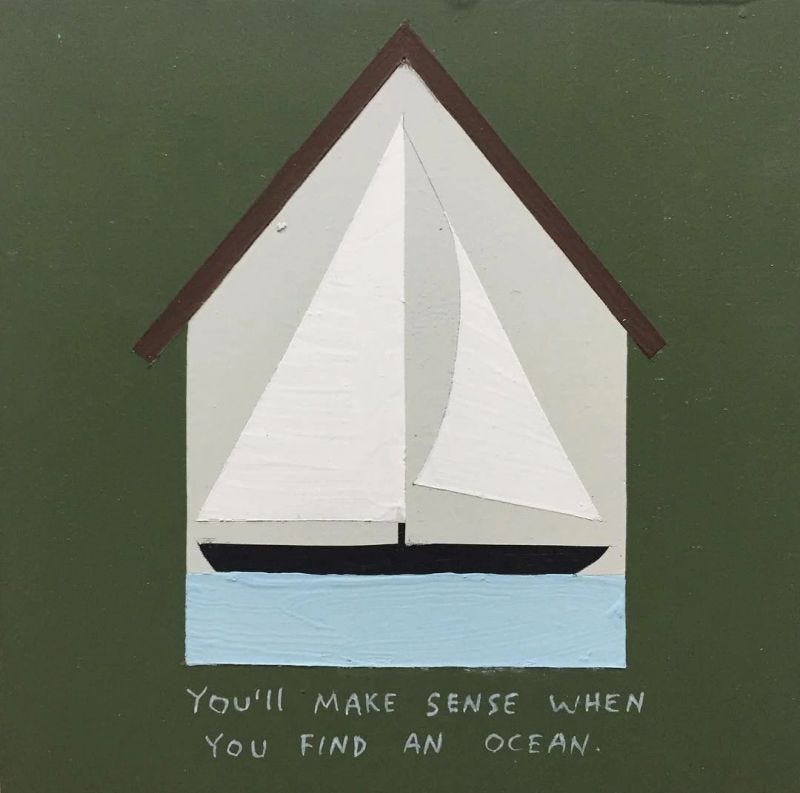Most people use survivorship bias the way a drunk uses a lamppost. For support, not illumination.
Survivorship bias is everyone’s favorite excuse to sound smart while doing nothing. You’ll hear it at dinner tables, boardrooms, chai stalls. Always from the sidelines. Always from someone who hasn’t risked a damn thing.
In India, it’s gospel. A worried uncle warns you against becoming a filmmaker. A school teacher says startups are a lottery. A cousin with a stable job rolls their eyes when you talk about music. They all chant the same hymn: most people fail.
Of course they do. Most ships sink. Most ideas flop. Most people give up. But survivorship bias doesn’t mean don’t try. It means don’t blindly copy. That’s it. And yet, we’ve turned it into a reason to not even begin.
That’s what I did. For years. I mistook realism for wisdom. I thought safety was virtue. I believed that taking the known path was intelligence. In truth, it was cowardice. Dressed up in a vocabulary that sounded rational.
Look closer and you’ll see it everywhere. In our families, our schools, our films. Zyada udne ki zarurat nahi hai. Samajhdar bano. Zindagi koi movie nahi hai. Translation: Play small. Stay put. Don’t dream beyond the spreadsheet.
And while you wait, others move. The ones who weren’t as cautious. The ones who didn’t ask for permission. You watch them with a mix of judgment and envy. You call them lucky. But they’re not. They’re just moving. Making mistakes. Gathering feedback. Learning. Evolving.
Survivorship bias is a real pattern. But it’s not a death sentence. The real danger is not failure. The real danger is paralysis. Of sitting on the fence so long that the game ends before you ever played.
Because here’s what no one tells you: even if you fail, you win. You gather data. You stretch. You grow. You figure out what not to do next. And if you succeed? Even once? You’ve changed the trajectory of your life forever.
So ask yourself. What happens if it works?
Not in general. In your life. With your voice. Your film. Your book. Your app. Your leap.
What if this one thing you’re putting off actually takes off?
And if it doesn’t? You’ll still be miles ahead of the person who sat it out and quoted probability graphs.
In this country, we confuse wisdom with caution. But wisdom isn’t about avoiding risk. It’s about knowing which risks light you up. Which ones you’re willing to bet your breath on.
So the next time someone throws survivorship bias at you like a warning, throw a question back.
What’s your plan? Just stay average and hope the world never changes?
Because history wasn’t written by those who survived.
It was written by those who dared. Then stumbled. Then got up.
And kept walking till the world had no choice but to notice.



